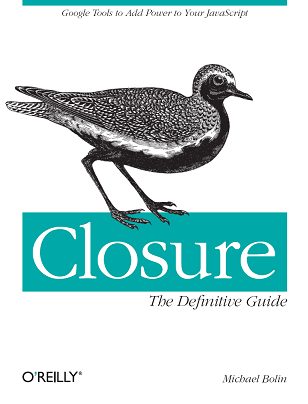I am extremely excited about the Rough Cuts program because it allows me to get information out to you, the web developer, much faster than I could if I forced you to wait for the print version. It also gives you the opportunity to provide me with feedback to help ensure that the Guide contains the information that you need.
For those of you who have purchased a book via Rough Cuts before, you may be surprised to see how "rough" my book is compared to the other offerings. This is a fairly new program at O'Reilly, so the first books to go through Rough Cuts were not made available until a nearly complete draft of the book was done. By comparison, my book is half done and has gone through neither copy edit nor technical review. So when providing feedback, please bear in mind the staff at O'Reilly will ultimately help with things like the misuse of parallel structure, but I need your help in determining when something merits a code sample or more explanation.
The material that is currently available is:
- Preface
- Chapter 1: Introduction to Closure
- Chapter 2: Annotations for Closure JavaScript
- Chapter 3: Closure Primitives
- Chapter 4: Common Utilities
- Chapter 5: Classes and Inheritance
- Chapter 6: Event Management
- Appendix A: Inheritance Patterns in JavaScript
- Appendix B: Frequently Misunderstood JavaScript Concepts
Currently, I am taking a break from writing more on the Library and am skipping a few chapters ahead to start focusing on the Compiler. As an active member of the Closure Google Groups, it is pretty clear to me that developers need more help in that area, so I hope to make that information available soon.
I also hope to improve Closure in the process of writing this book. When I run into things that I feel are hard to explain, sometimes I end up filing bugs or feature requests against Closure with proposed changes. It is so much easier to write a few paragraphs to report a bug than it is to draft several pages to explain away a quirk!
With 150 pages of content, I suspect I have given you enough to chew on while I put together more information on the Compiler. Please take a look and let me know what you think.
Update: Changed the book link from http://techbus.safaribooksonline.com/9781449381882 to http://my.safaribooksonline.com/9781449381882 where it is actually possible to purchase the book! There is a button that says "Purchase Options" on the upper-right.
